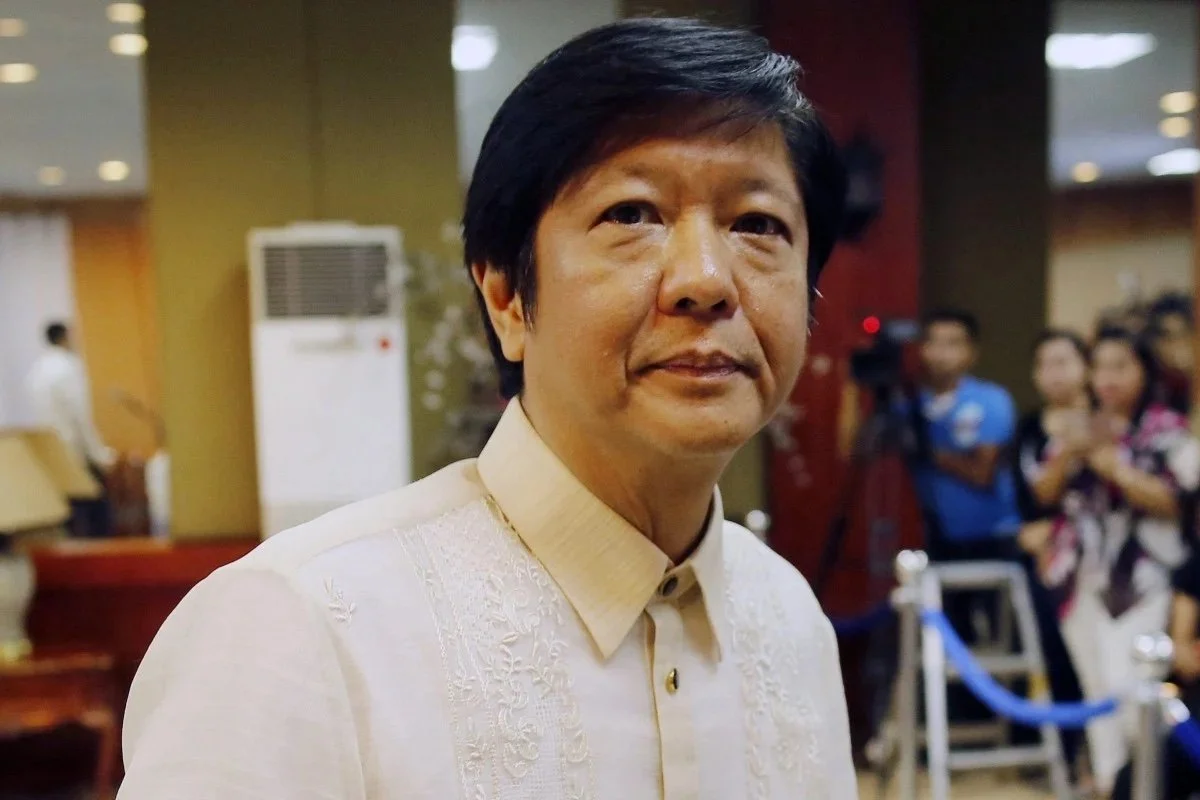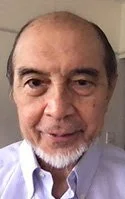"When Will We Ever Learn?"
/Johnfort, one of four boys in our family, lives in the small town of Compton in Quebec, Canada, and works for a large Canadian company as one of its project directors. On Saturdays, our son who will soon turn 44 still attempts to play basketball in a league organized by Filipinos in the townships of the French-speaking province of Quebec.
Filipinos, he said, are often asked why we have elected a president who curses other leaders (political, religious, and UN) and who Is famed for unleashing a “war on drugs” whose collateral damage can be counted in the thousands, among his own people.
And, now a new question has arisen, which he can’t seem to get around to answering: how come we have allowed the family of the dictator, who stashed away billions in ill-gotten wealth and who repressed our people, to come back to the country? And, how is it possible that now a majority even seems to support the dictator’s son? If poll surveys are to be believed, Marcos Jr. enjoys a frontrunner status in the contest to become the country’s next president in the coming May elections.
Ferdinand “Bongbong: Marcos, Jr. (Source: South China Morning Post)
Our son Johnfort feels anguished, sometimes ashamed, unsure how to answer. At times, he admits to being confused and dumbfounded when confronted by his fellow workers in the country he now works in, or when a casual conversation about where he comes from crops up over a cup of coffee.
“Why is this so? What is going on? When will we ever learn?” he asks. He even reminded me of the classic Bob Dylan song, which I used to hum when they were in high school back then: “How many years can some people exist, before they’re allowed to be free? …And, how many deaths will it take ‘til he knows that too many people have died? The answer, my friend, is blowin’ in the wind!”
He asked, “Is this a time to despair? To give up on one’s country, while looking for explanations for the choices of leaders we make? Why do we seem prone to falling for the popular though crass and corrupt, the incompetent, and the inconsistent, again and again?” A silent pause.
We then agreed that deep changes in mindsets take time, that even after the 1986 people’s power revolt, we seem to have reverted back to “business as usual,” leaving behind the many in our piece of God’s good earth who continue to be powerless and poor, underscoring the inequality in our health service and in our justice system, and all else as well.
But this watershed election is precisely an opportunity to address the issues that cry for redress. Even from abroad, we agreed that he could write to his batchmates, his close friends or former neighbors and encourage them to get involved and decide on their choice of conscience and vote with conviction. He could call or email them to help elect competent leaders with integrity; whose track records demonstrate their capacity to put country above self.
I shared with him the statement that the Framers of the 1987 Philippine Constitution had drafted endorsing the tandem of VP Leni Robredo and Sen. Kiko Pangilinan as our choice to become the next leaders of the land since they best embody the principles and ideals espoused in the Charter. Perhaps, this was a document he could share more widely.
Vice President Leni Robredo (Source: Yahoo Philippines)
It is indeed difficult to be far from home when people you love in the country of your birth live through difficult times on the eve of critical elections that certainly may be the most important in our lifetimes.
I am thinking of Johnfort and others like him in different parts of the world, concerned and aware of the conditions that now prevail as the winds of war in Europe descend upon an unbelieving world.
“Is this a time to despair? To give up on one’s country, while looking for explanations for the choices of leaders we make? Why do we seem prone to falling for the popular though crass and corrupt, the incompetent, and the inconsistent, again and again?”
But, we agreed that we have to take it one step at a time; it will indeed take a while to push back. What is encouraging is the involvement of people on the ground, their energy and commitment. Our wish is that this engagement of people extends beyond the elections in May. There can be no turning back, this time.
As our conversation ended, I could still hear the refrain from the song, “Blowin’ in the Wind,” just as clearly as if it were yesterday.
Prof. Ed Garcia was one of the framers of the 1987 Philippine Constitution.
More from Ed Garcia





